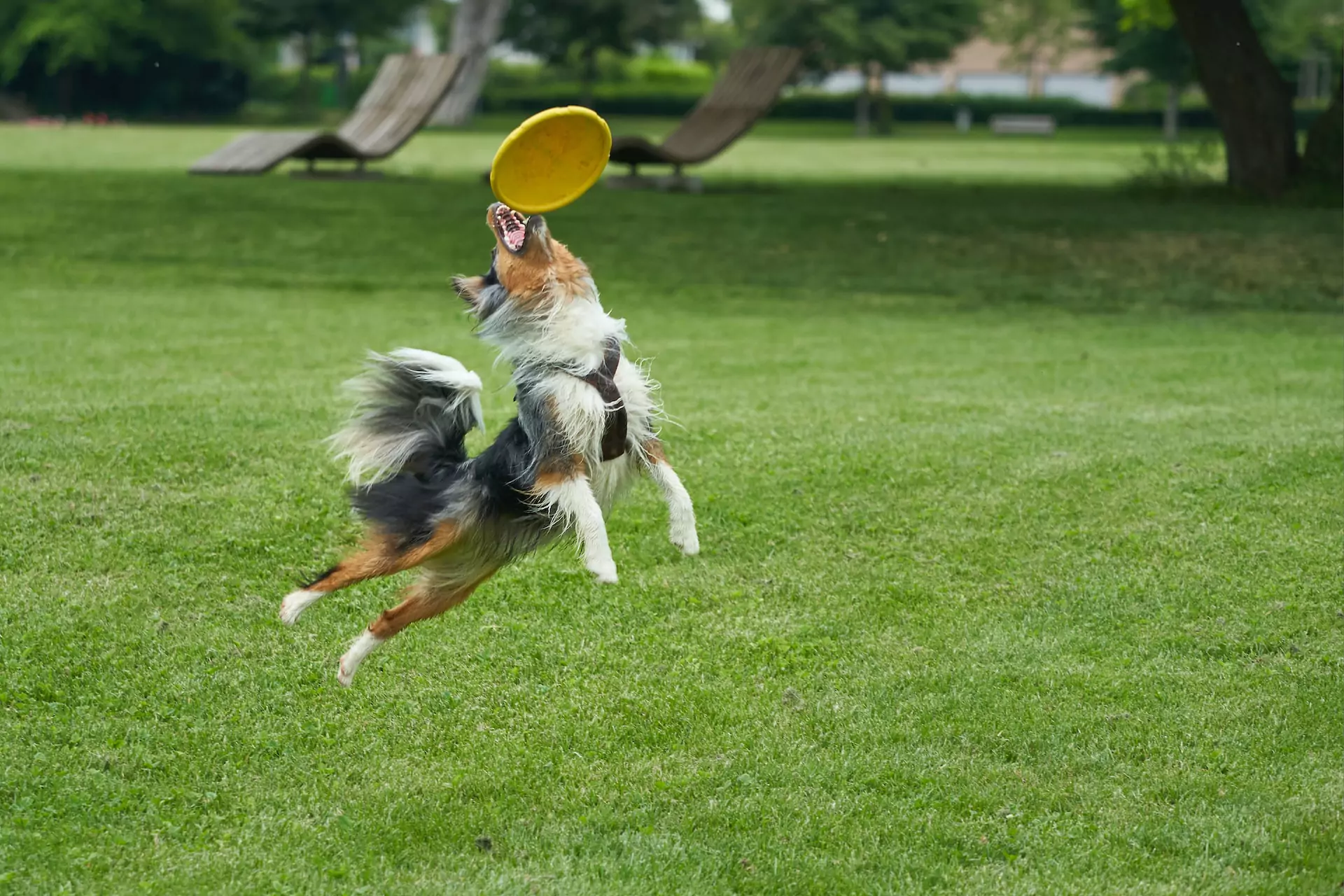Why You Should Consider Spaying or Neutering Your Pet
Has your furry pal been fixed yet? If not, we recommend getting this done ASAP. While veterinarians may have different opinions on some things, we all understand the benefits of getting Fido and Fluffy fixed. In this article, a friendly Exeter, CA veterinarian discusses some of the reasons why.
Fight Pet Overpopulation
The biggest reason to get your furry pal fixed is to help decrease the number of unwanted litters in the world. Pet overpopulation is a major problem. Sadly, it frequently contributes to instances of neglect, abuse, and animal hoarding. Every year, countless dogs and cats are unfortunately euthanized. Countless others must fend for themselves on the streets. That’s a very rough life for Fido and Fluffy. Homeless dogs and cats endure incredibly challenging lives, having to face hunger, harsh weather conditions, parasites, as well as sickness and injuries.
We understand that puppies and kittens are incredibly cute. However, even if you manage to find homes for your pet’s offspring, there are no guarantees that their own litters and any future generations will have the same success. Given the large number of homeless pets already struggling to survive, it’s simply the more responsible choice to make.
Don’t think that your pet won’t have much of an impact. Every single pet matters! In just nine years, a single pair of cats can have an astonishing 2,072,514 descendants, while two dogs can have an astonishing 67,000 descendants in just six years.
Pets That Have Been Spayed Or Neutered Tend To Have Better Overall Health
Spaying and neutering also have medical benefits. The procedures greatly reduce the risk of your pet developing certain types of cancer, including prostate, breast, ovarian, and uterine cancer. Having pets that are spayed or neutered can help reduce the risk of urinary tract infections. Preventing these issues is much easier and more cost-effective than treating them. Ask your Exeter, CA vet for more information on this.
After Being Fixed, Pets Are Less Likely To Roam
Your pet’s safety should always be a priority.
Allowing your pet to roam freely outside your property significantly increases the chances of them getting lost, injured, or worse. Fido and Fluffy can encounter all sorts of hazards in the wild, such as traffic, harsh weather conditions, encounters with wild animals, exposure to harmful chemicals, and parasitic infestations, not to mention the risk of contracting diseases. After your pet is spayed or neutered, they will no longer have the instinct to search for a mate. This can greatly reduce escape attempts.
Pets That Have Been Spayed Or Neutered Tend To Live Longer
Did you know that pets who have been spayed or neutered tend to have longer lifespans? For females, the risks associated with pregnancy and delivery are completely eliminated. Those risks can be especially serious in dogs. When a large dog mates with a much smaller one, it puts the lives of both the female and her puppies in danger.
Additionally, pets that have been spayed or neutered have a lower risk of running away, which also helps reduce and prevent injuries or accidents.
Pets Are Better Behaved After Undergoing The Procedure
Another important reason to get your pet fixed is that they will be naturally calmer afterwards. Don’t underestimate the positive impact that a decrease in hormonal urges can have! Pets that have been fixed just tend to be calmer and better behaved. You might also notice a decrease in undesirable behaviors, like digging, chewing, and attempting to escape.
Animals That Have Been Spayed Or Neutered Are Less Likely To Spray
It’s not uncommon for intact pets to spray and mark their territory. Needless to say, this is extremely unpleasant—not to mention unsanitary—for the owners to deal with.
The desire to spray is often eliminated after the procedure. While some adult animals do continue spraying after the surgery, most pets stop this behavior once those hormonal urges are gone.
No More Caterwauling
If you’ve ever heard an amorous kitty perform a love song, well, we sympathize. Fluffy likes proclaiming her single status loudly and in no way that remotely resembles real music. Apparently, other cats actually like this sound. As far as us humans, though, well, let’s just say that many of us would much prefer to be spared from that yowling and caterwauling. This alone is reason enough to schedule that appointment!
Common Questions About Spay/Neuter Surgery
While these procedures are routine, we know it can be a bit stressful to have your pet operated on.
How Long Does Recovery Take After Spay/Neuter Surgery?
Most pets start feeling better within the first 3-5 days of recovery. Your furry buddy should be over the ‘hump’ of it after the first few days, but it will take about ten to 14 days for them to fully heal.
It’s important to restrict your pet’s physical activity during that time. Avoid encouraging them to engage in activities like running, jumping, or playing vigorously until your vet has given you the go-ahead.
How Can I Properly Care For My Pet After Surgery?
Your veterinary clinic will provide you with after-care instructions for your furry friend. These are usually a one-sheet printout or pamphlet. Make sure to carefully read over all the directions and follow all instructions precisely. You may need to administer pain medication to your pet and make some dietary adjustments while they recover. Pay extra close attention to the information on this!
Once you get Fluffy or Fido home, you’ll need to provide them with a clean and cozy spot to rest and recuperate. Now is an excellent time to consider getting a new bed! You may also need to limit their movement. A crate, carrier, or kennel would work for this. Be sure to provide comfy bedding as well as other necessities, like water and a litterbox. A puppy pen could also be a suitable option.
You’ll need to closely monitor your furry friend, and make sure that they don’t disturb their stitches. Your vet may suggest using an Elizabethan collar, also known as the Lampshade or Cone Of Shame. You can also go for an inflatable collar, which is a bit more comfortable for Fido and Fluffy.
As your pet recovers, you’ll want to keep a close eye on the incision site! Watch for any indications of complications, such as redness, swelling, foul odors, heat, bleeding, or pus. Other warning signs to watch out for are vomiting, diarrhea, fever, trembling, and respiratory problems. Lethargy is another concerning sign. It’s normal for your furry friend to be a bit groggy when you bring them home, but they should start feeling better soon. Contact your vet right away if anything seems off.
What Is The Cost Of Spay/Neuter Surgery?
Prices can differ depending on the location, and may vary, depending on your pet’s age, size, or health condition. However, it’s always more cost-effective to have this procedure done rather than dealing with health issues or the expenses of raising a litter.
Do you need to schedule spay/neuter surgery for your furry friend? Contact us, your Exeter, CA animal hospital, today! We are dedicated to offering top-notch care!





!Social Icons